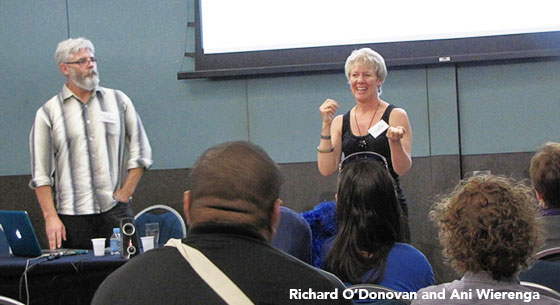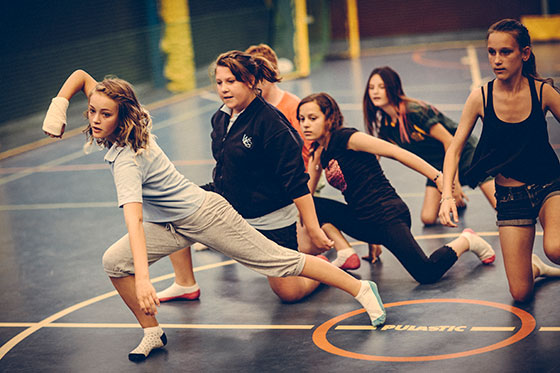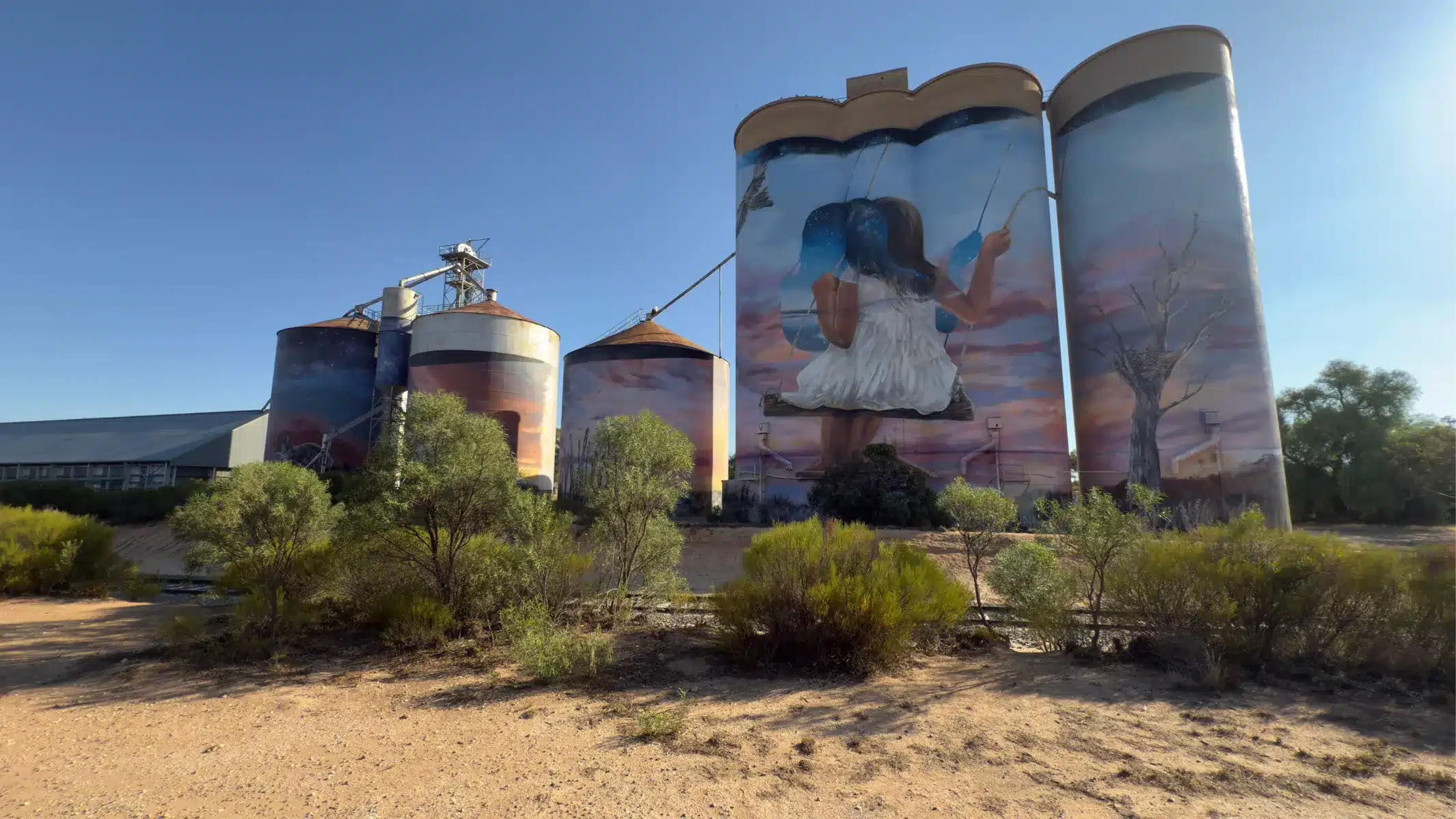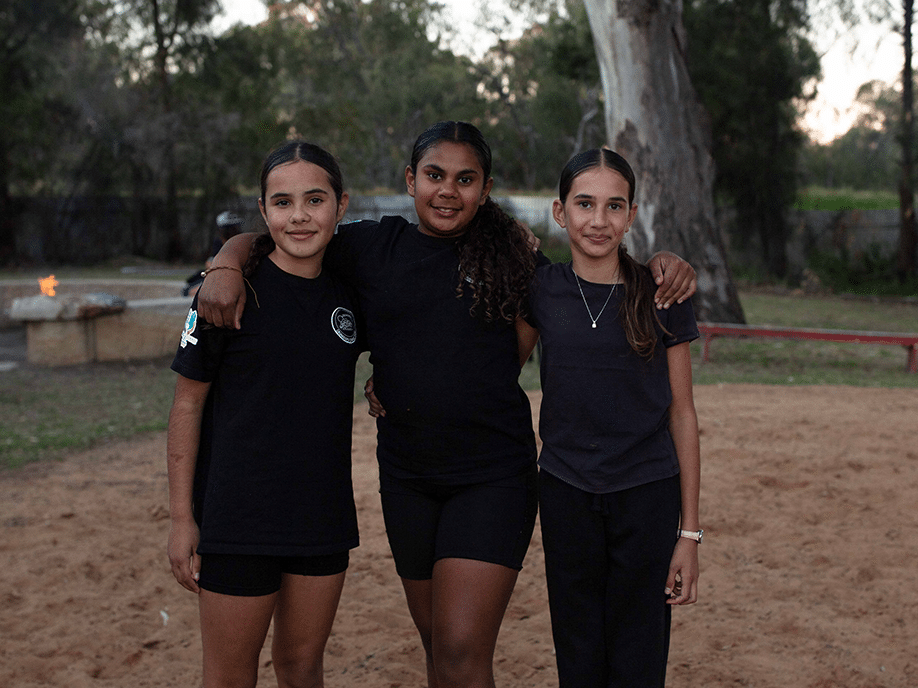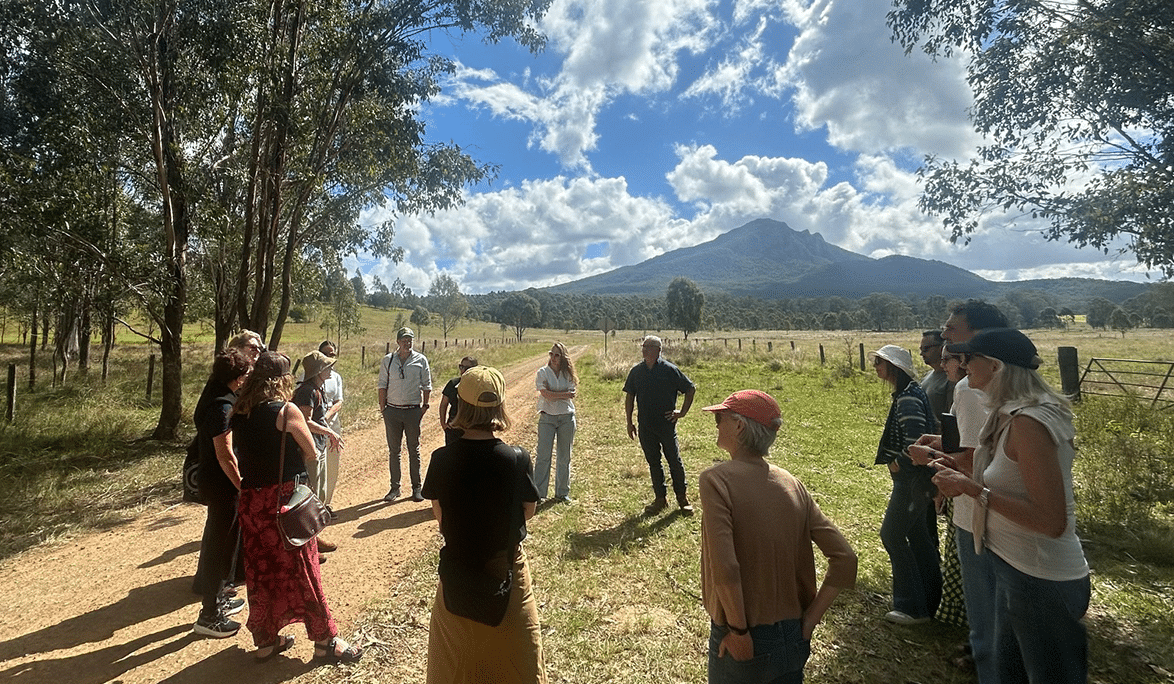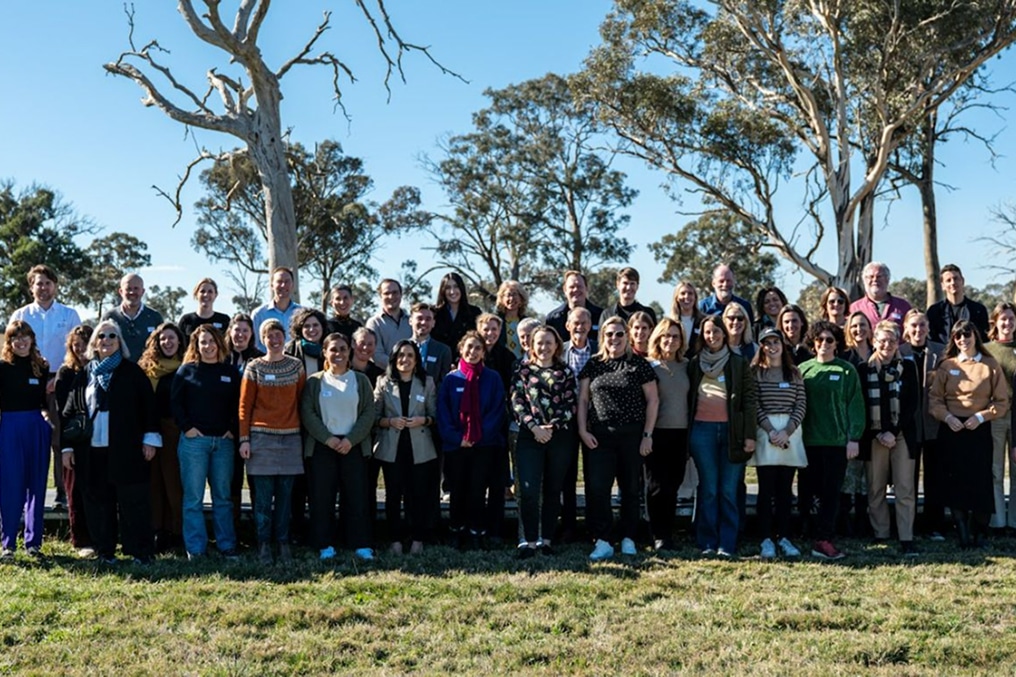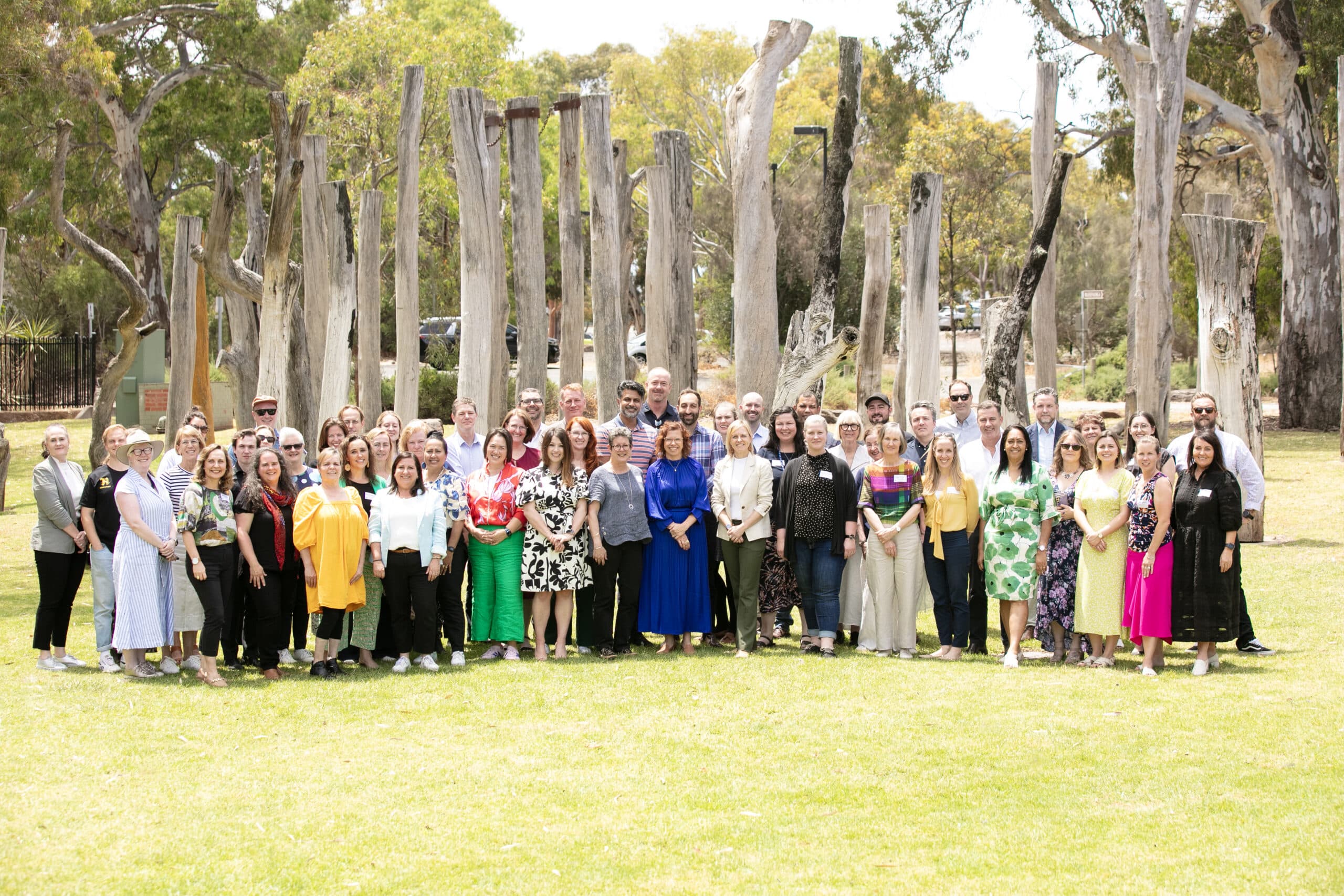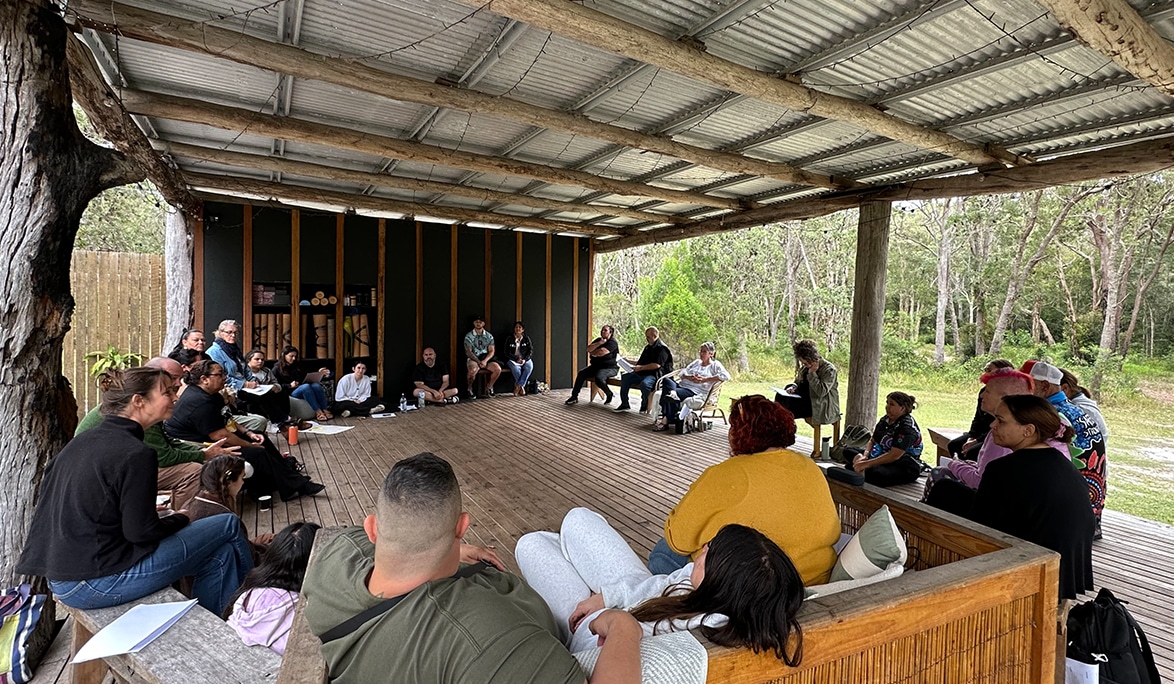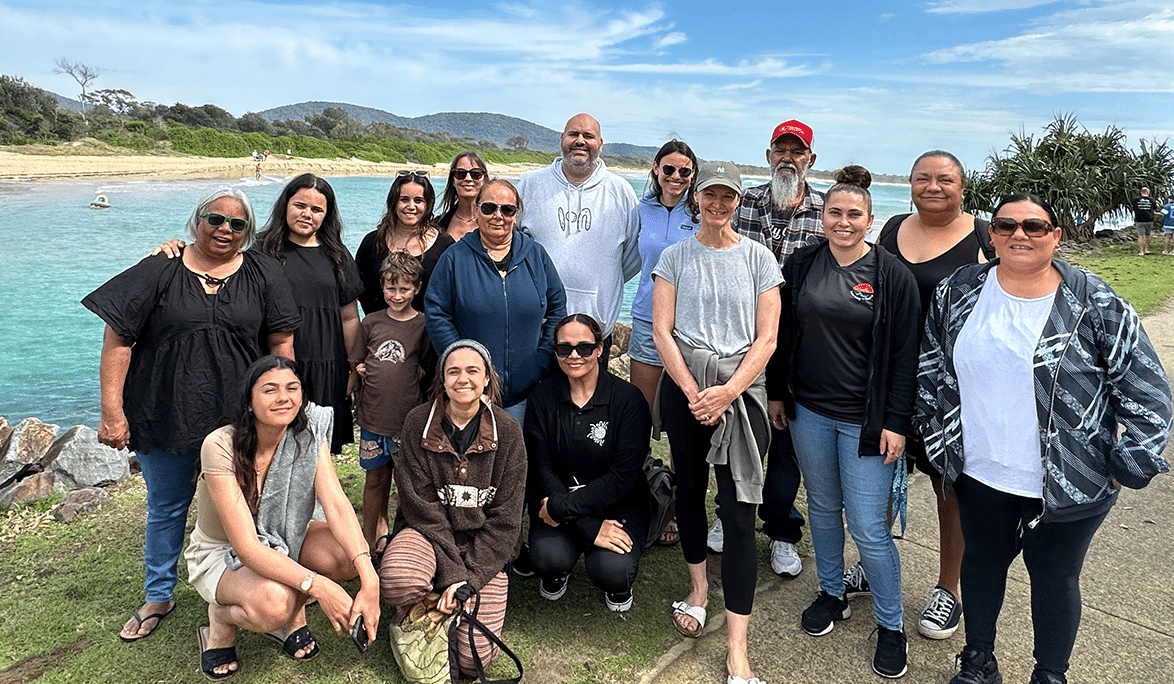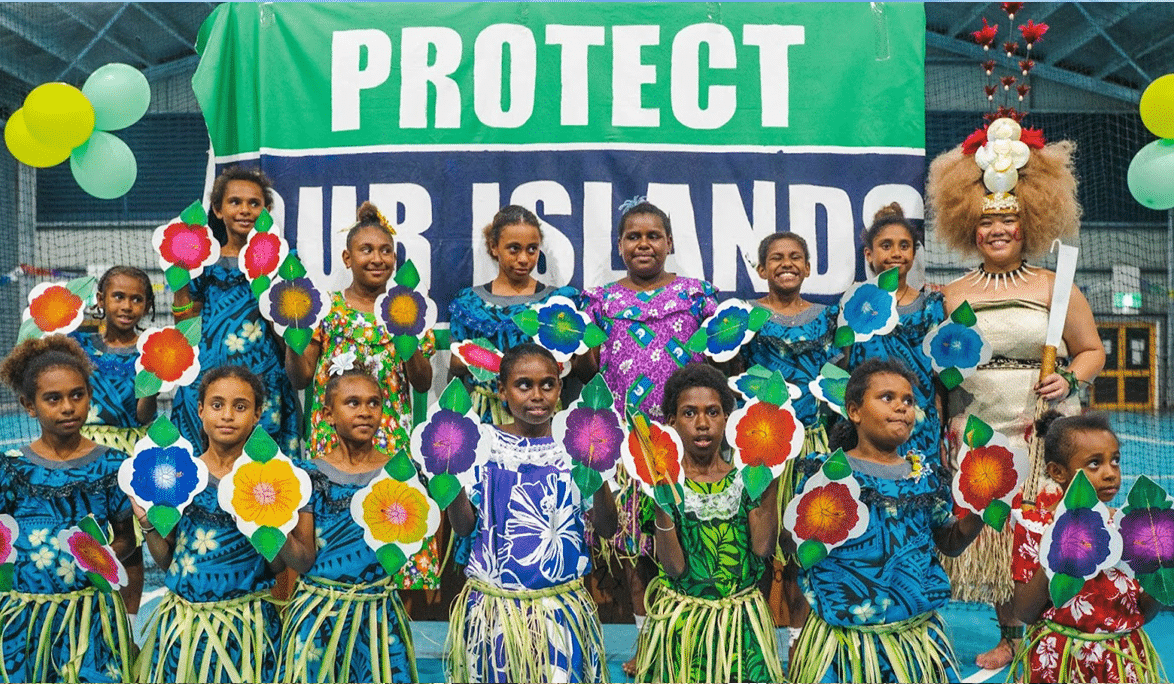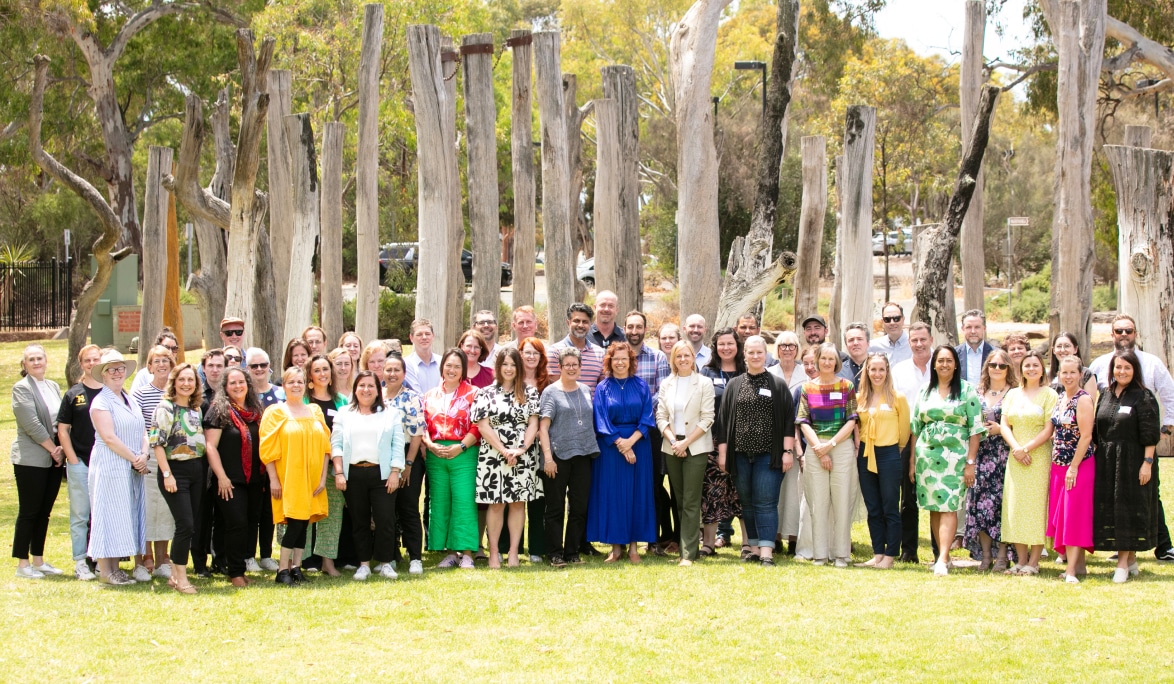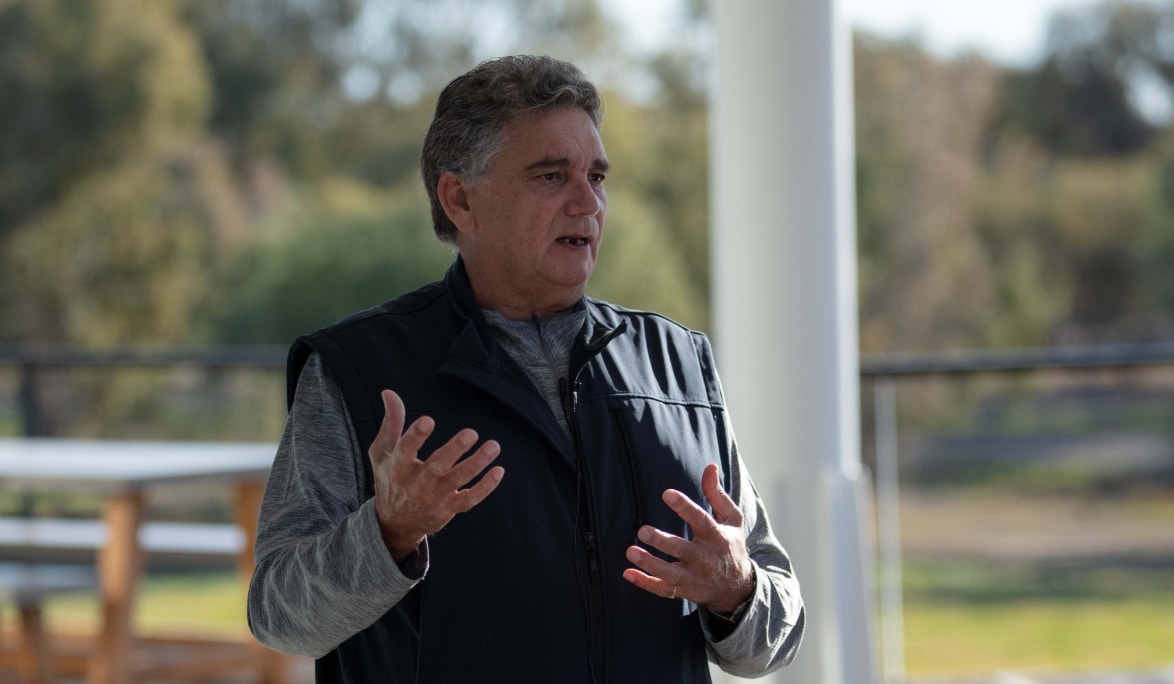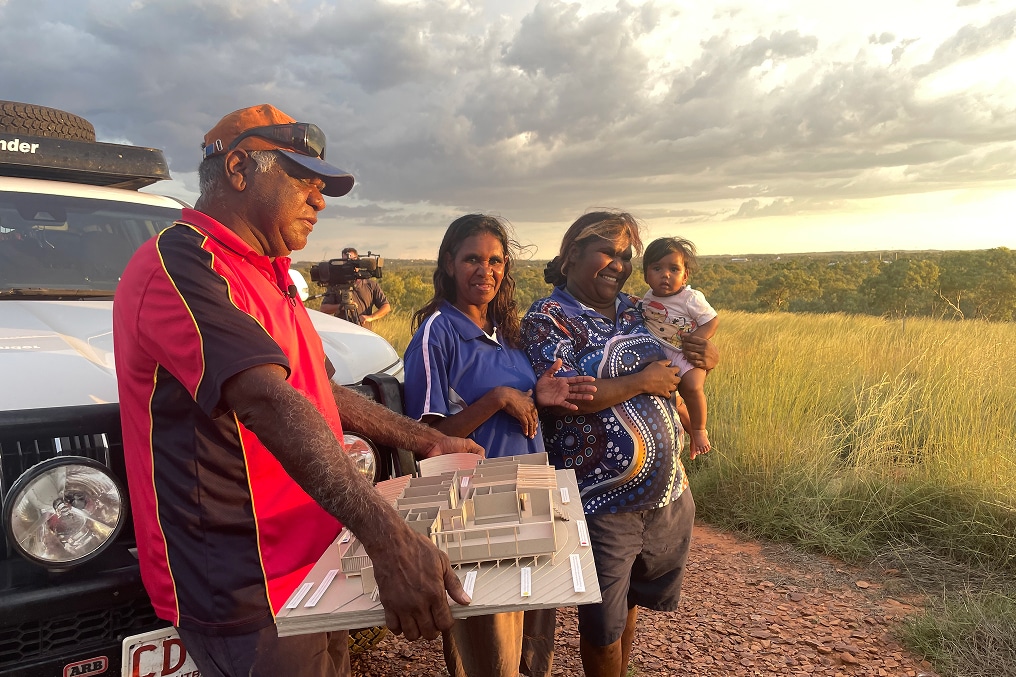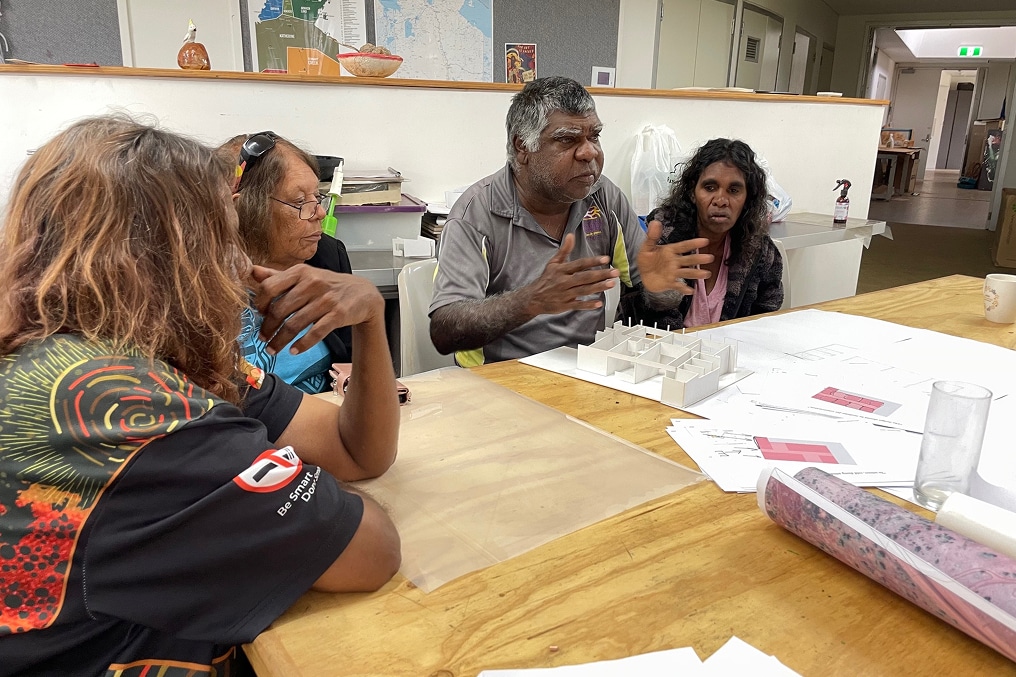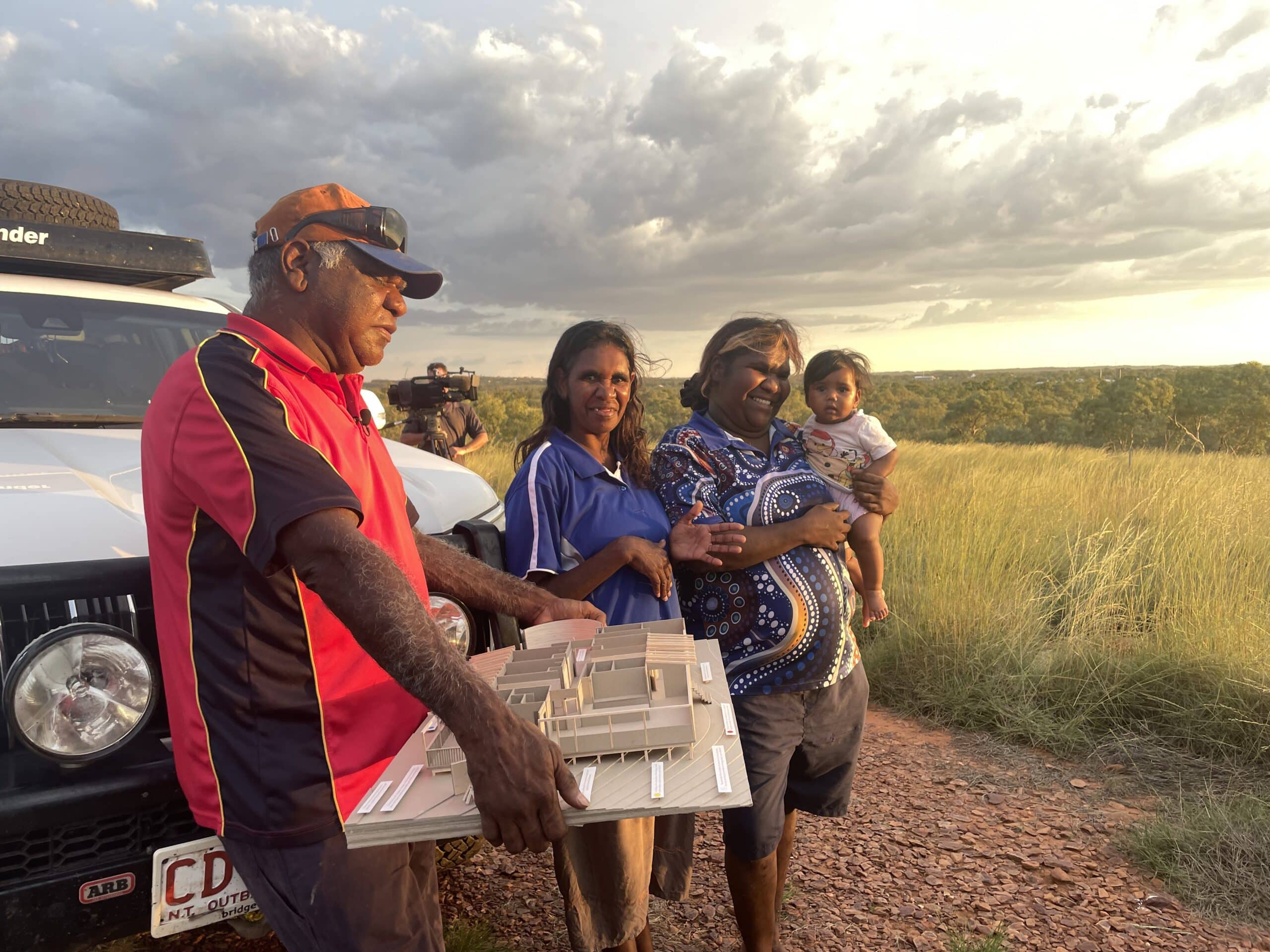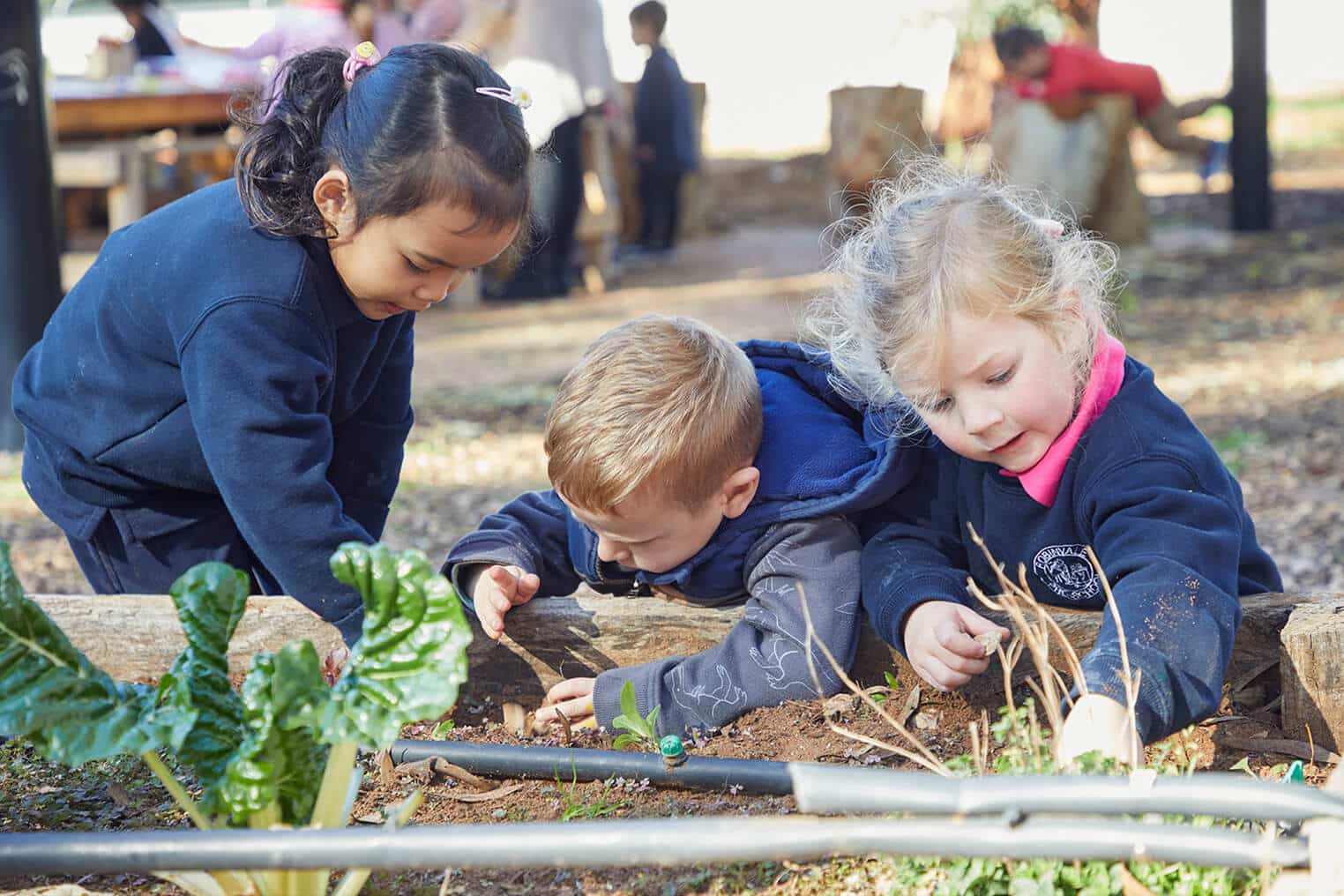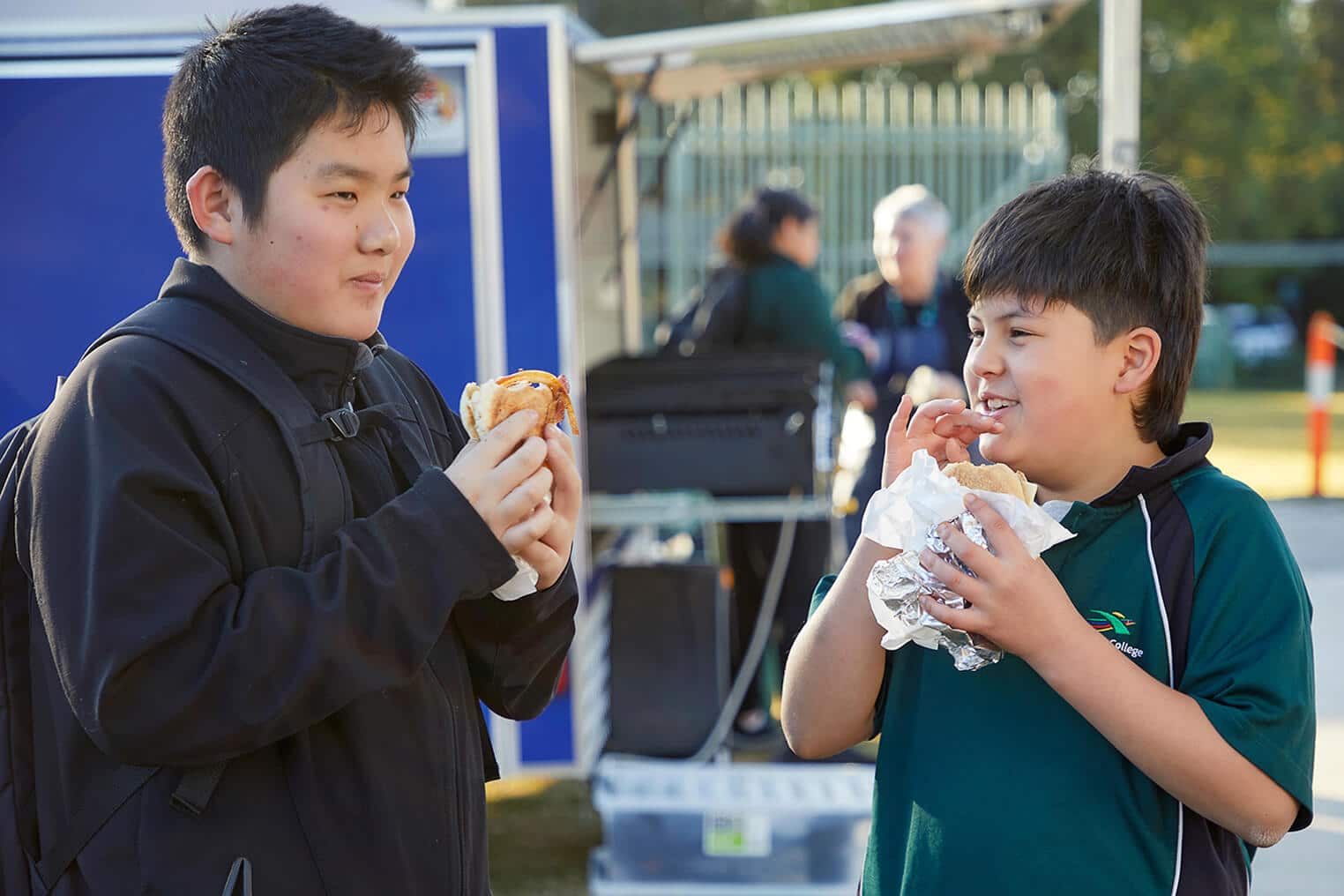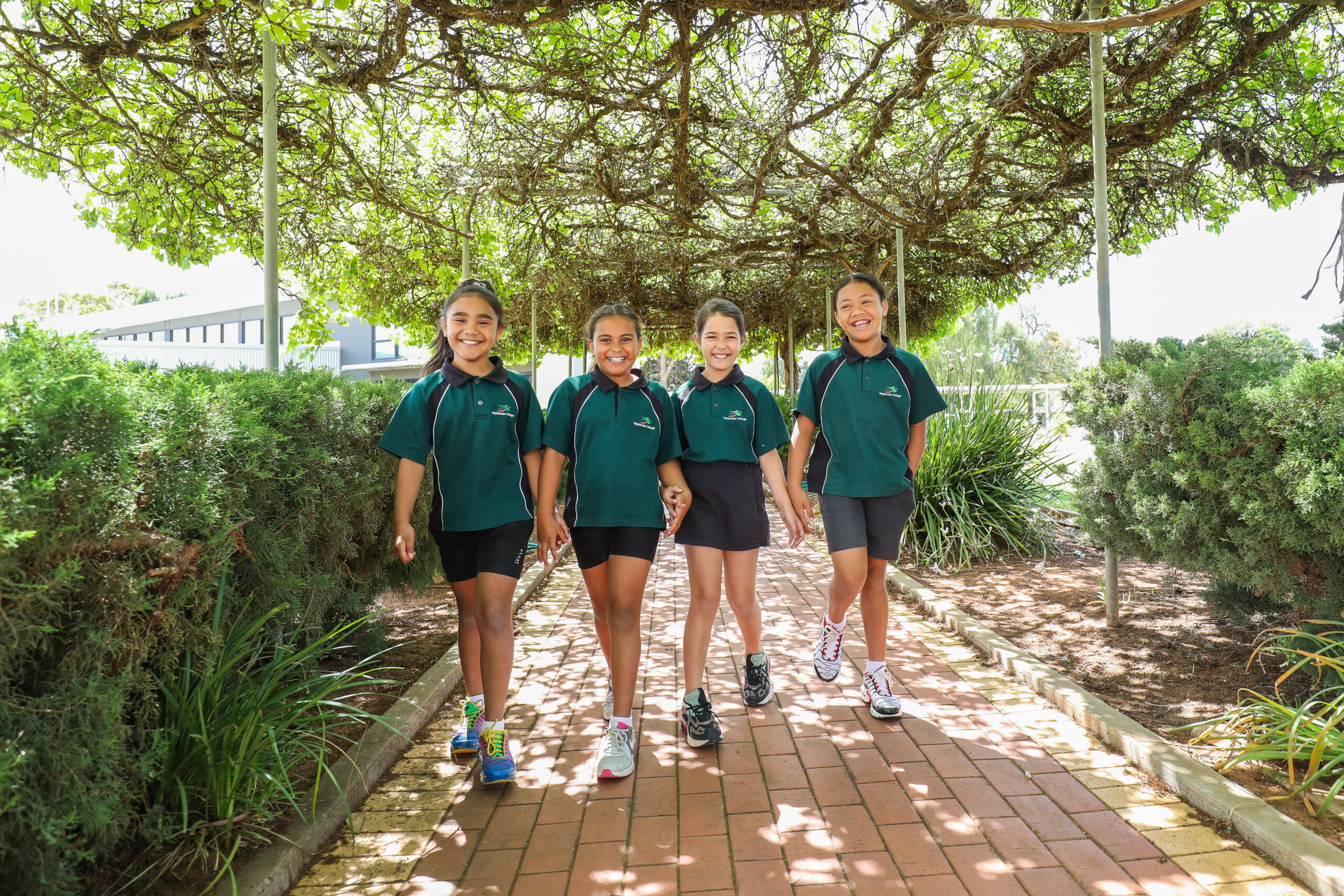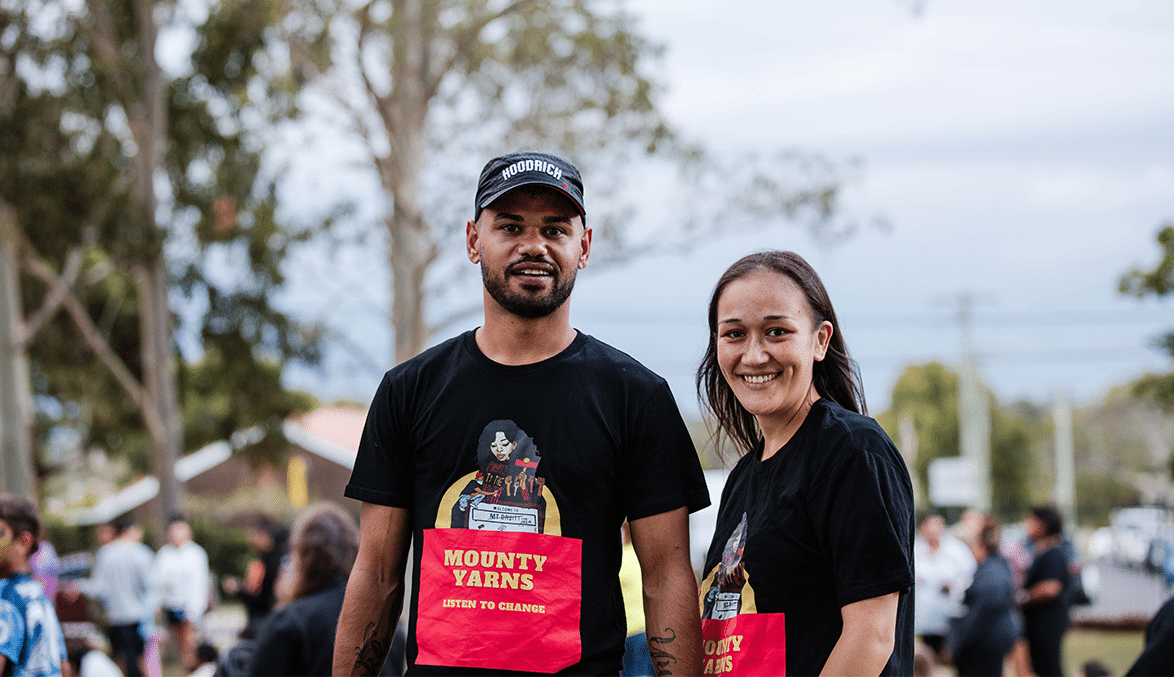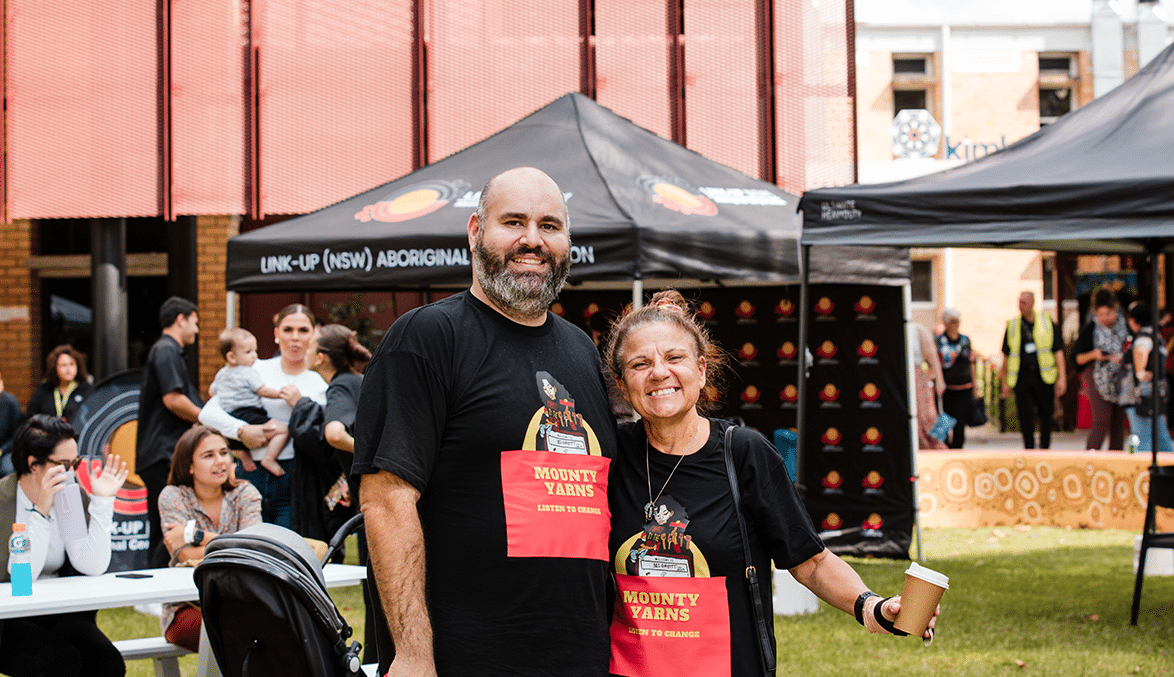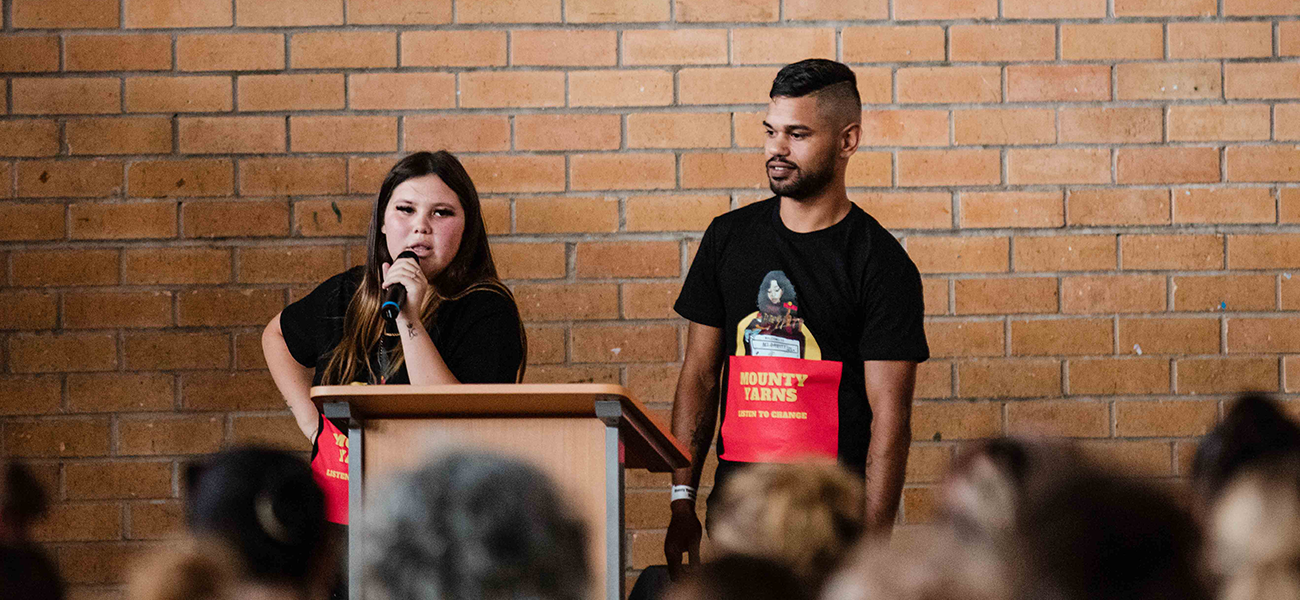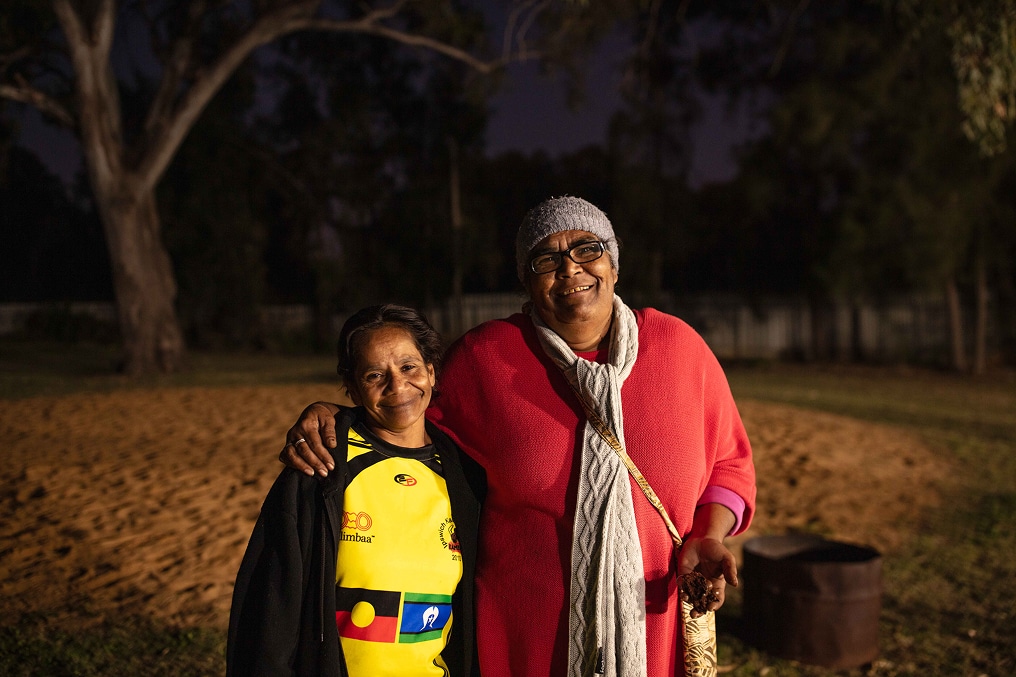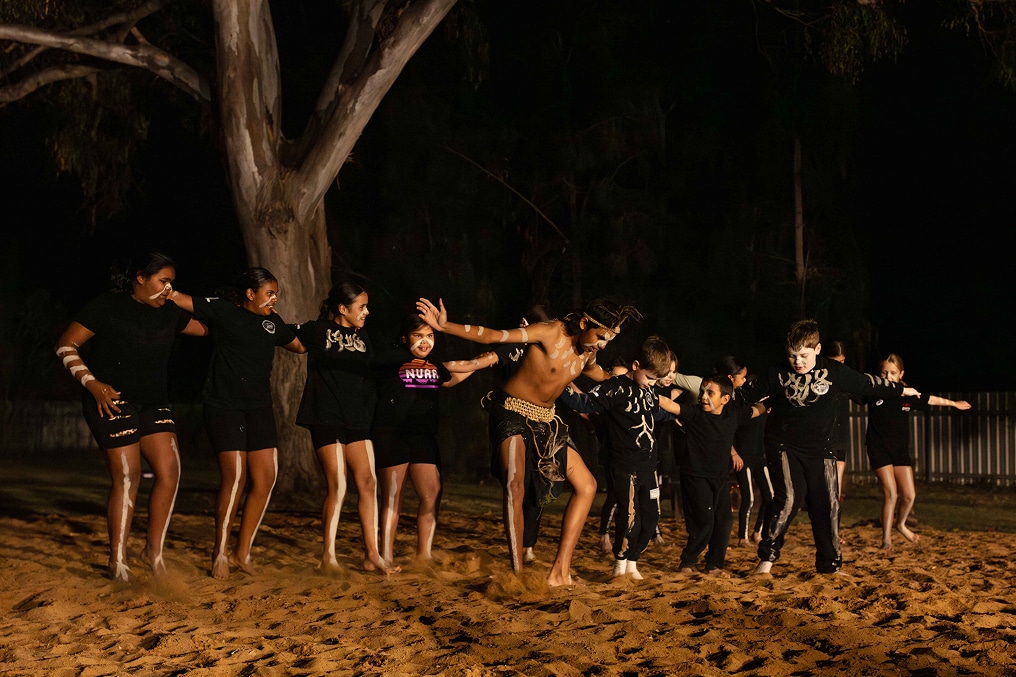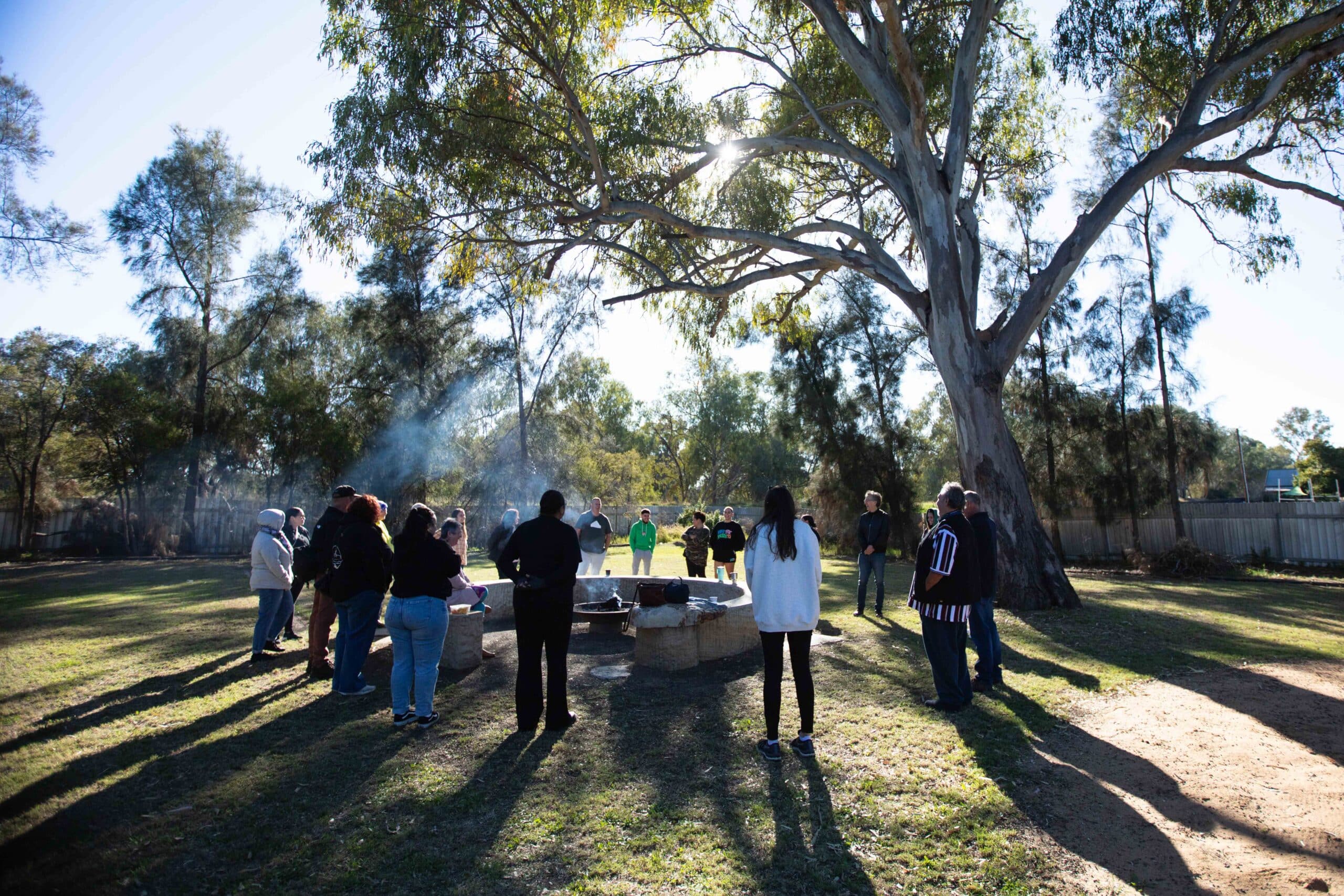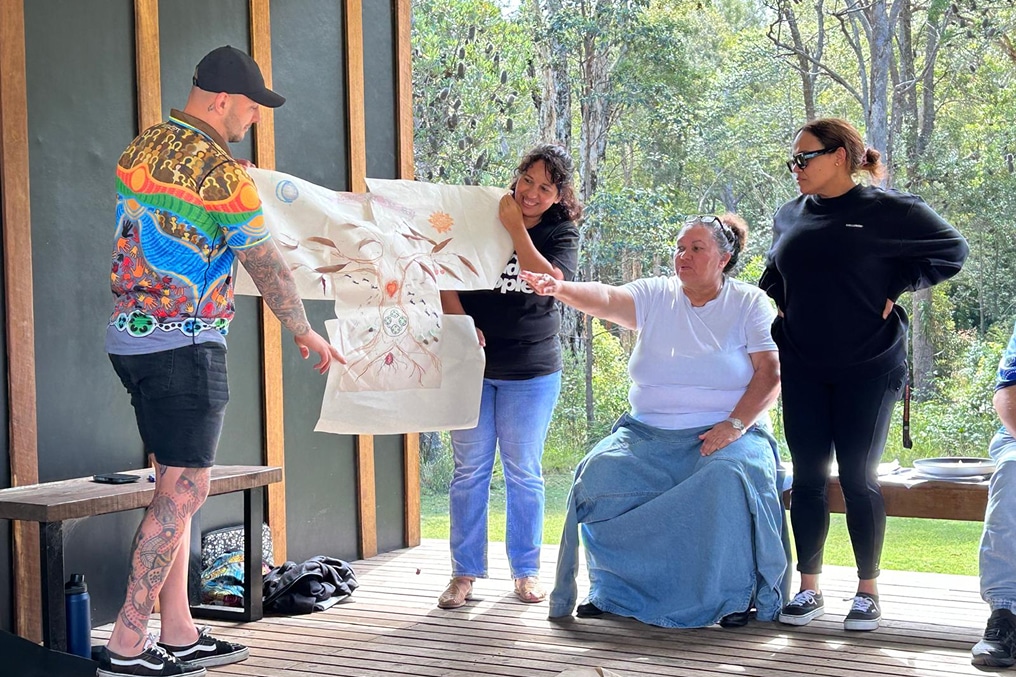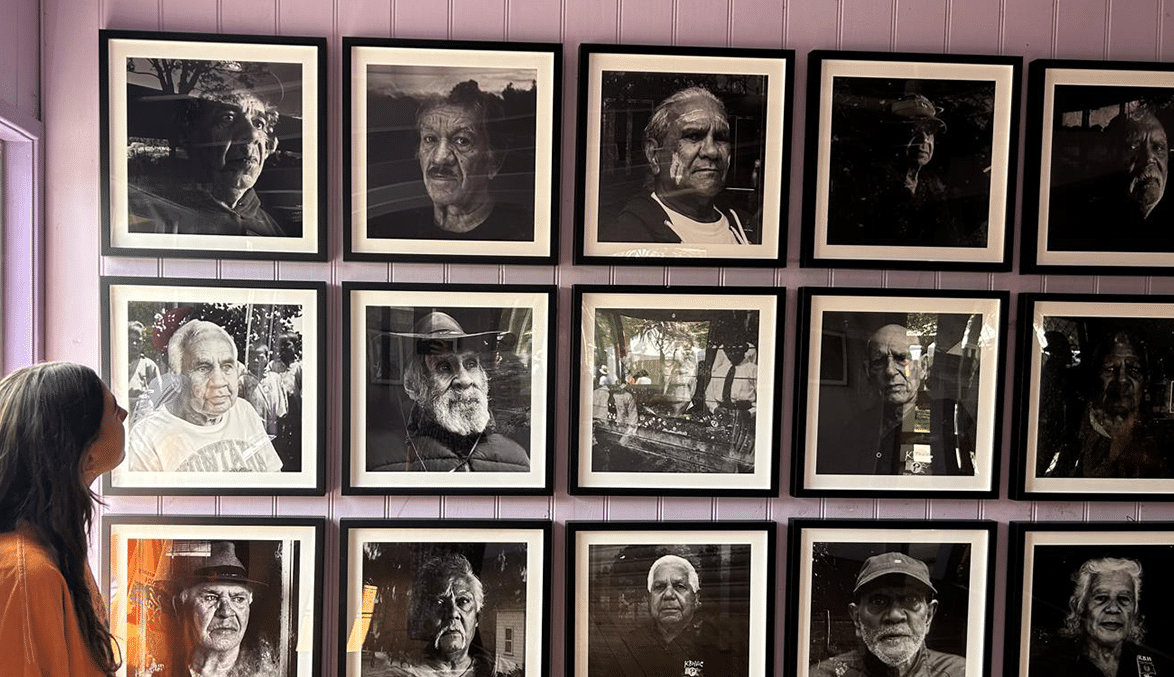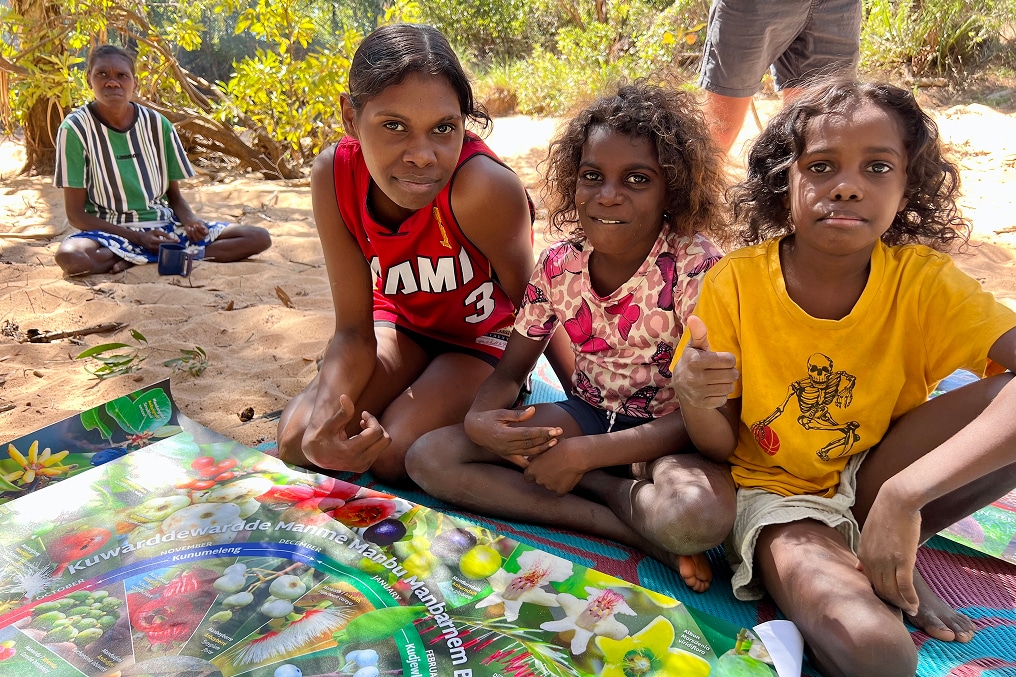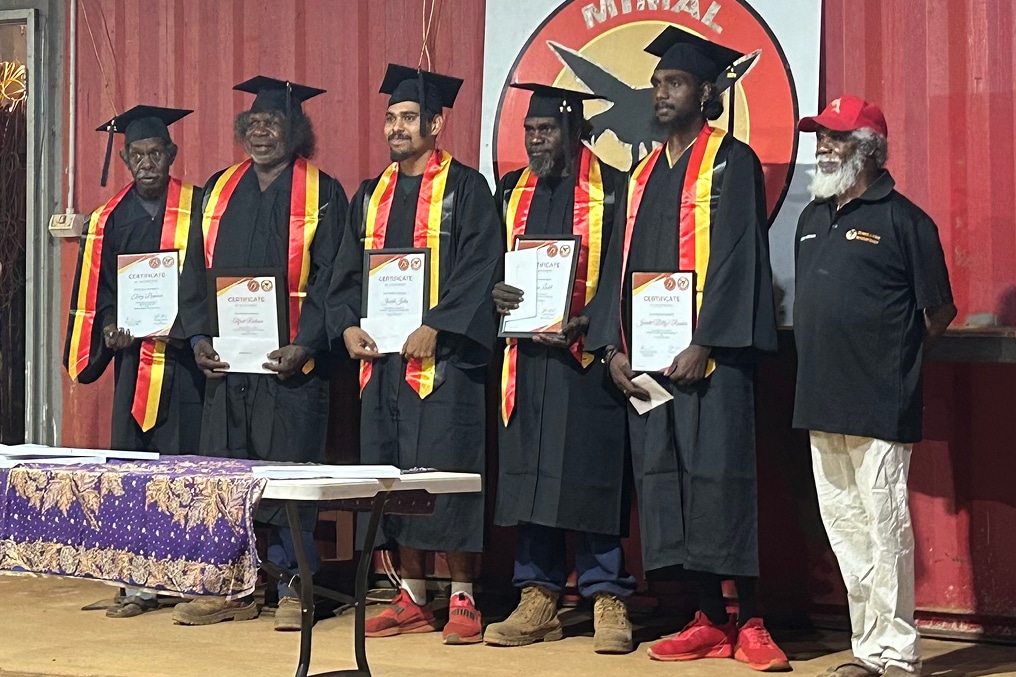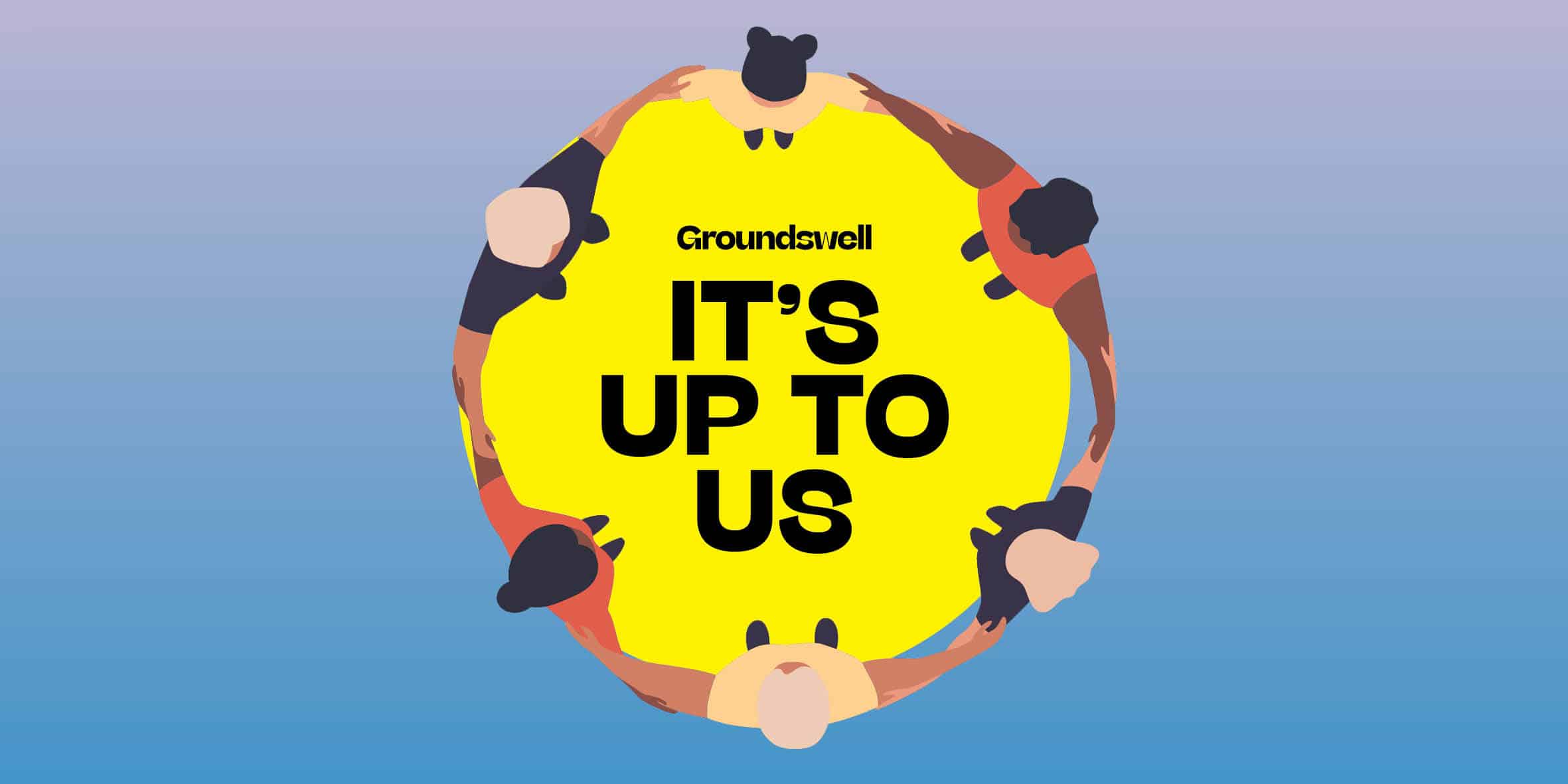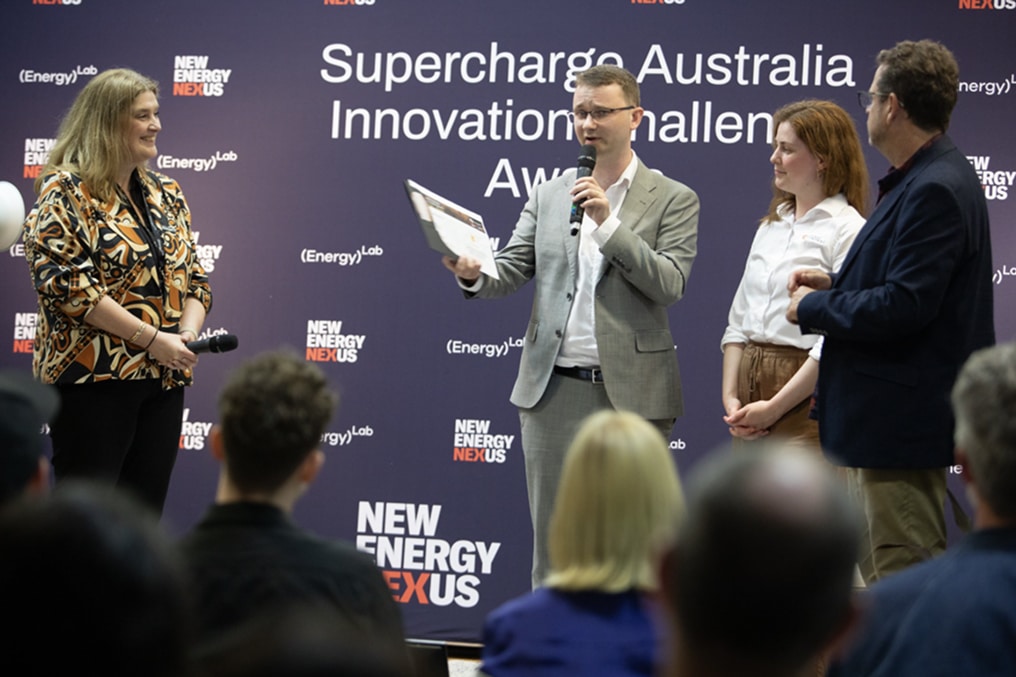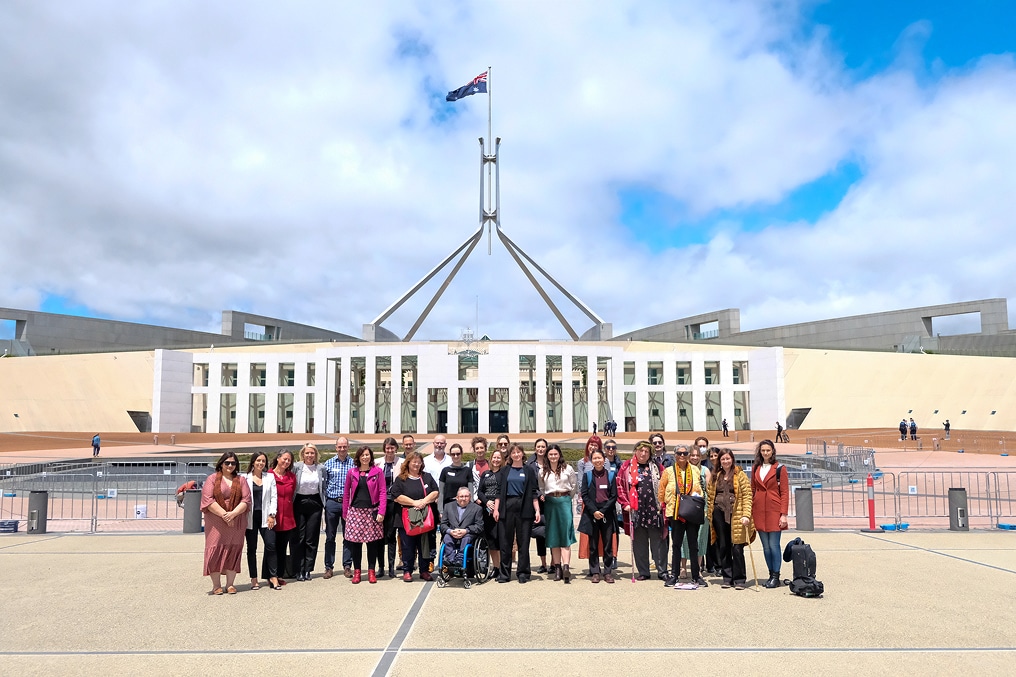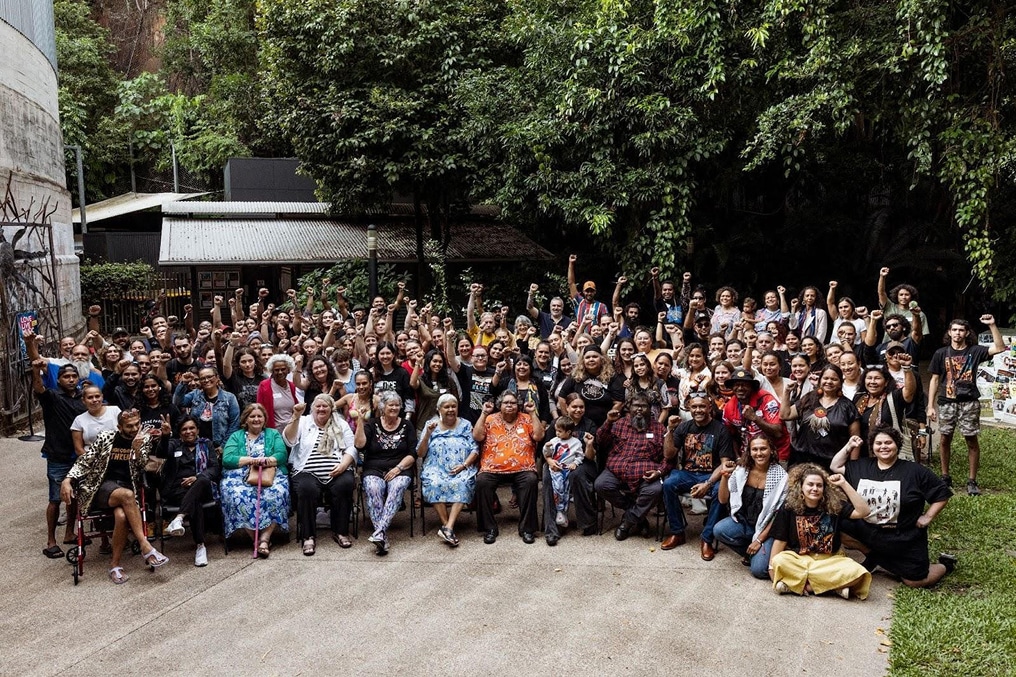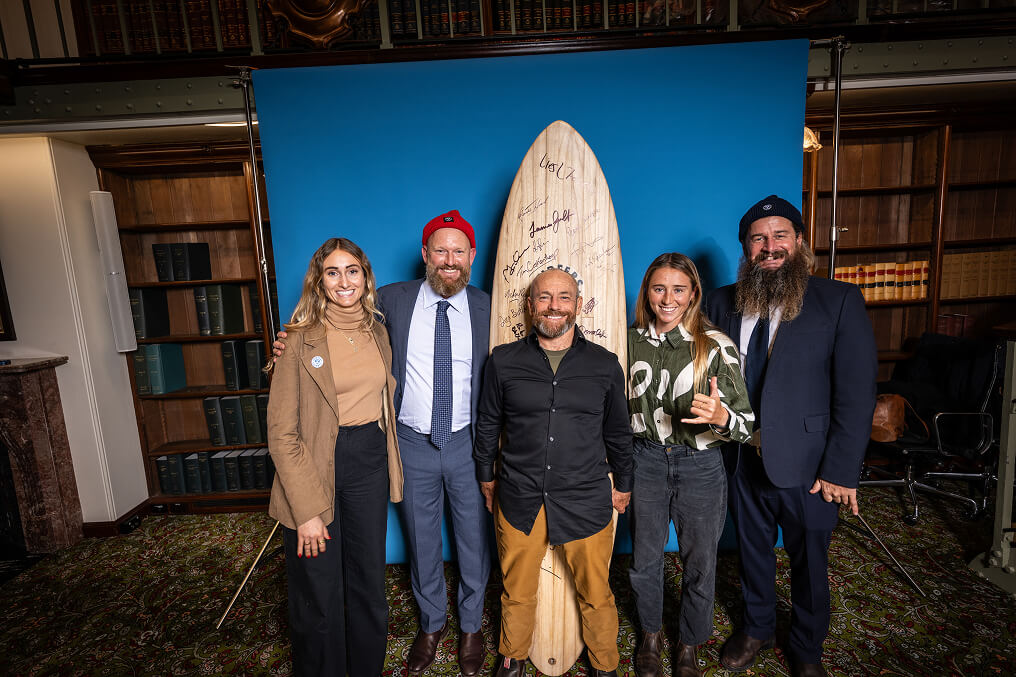How Schools Can Move Beyond Exclusion examines how marginalised students can stay connected to education through alternate or flexible learning programs.
The article gives insight into the work that the Building Futures team has been doing this year, developing the “enabling spaces” measurement framework to enable organisations working with young people in inclusive learning to build an evidence-base around their own practice.
It focuses on the concept of enabling spaces, which are places where students can form respectful relationships and, from that foundation, gain a sense of meaning, connection and control over their lives.
While explaining the concept of enabling spaces in alternate learning, the article draws on the example of the Hands On learning program.
Here’s the abstract:
“Healthy learning environments for young people are underpinned by respectful relationships. Unfortunately, Australian students who do not form reasonable relationships with peers and staff are unlikely to benefit from being at school. These students tend to disengage and are often excluded. However, a growing number of Australian schools have moved beyond exclusion as their default response in dealing with such students. In asking themselves “After exclusion, what?”, some Australian schools have found that one answer is to create an onsite enabling space as an integral part of their student well-being practice. Drawing on an Australian Research Council-funded research project involving the University of Melbourne, Hands On Learning Australia and a wider team of partners, this paper introduces the conceptual framework of enabling spaces to explore respectful relationships through the tripartite lens of connection, control and meaning. Enabling spaces, built on respectful relationships, foster a sense of belonging in students, encourage and develop self-efficacy, and provide a context for students to derive a sense of purpose. In this way, they can help young – often disadvantaged – people maintain their connection with mainstream schooling. We argue that these elements are common features of all enabling spaces, and discuss the Hands On Learning method as an illustrative case study.”
You can access the article here through university libraries or if you would like to use the article for training or research purposes and find out more about how the framework is being adopted, adapted and tested please contact Ani Wierenga.

